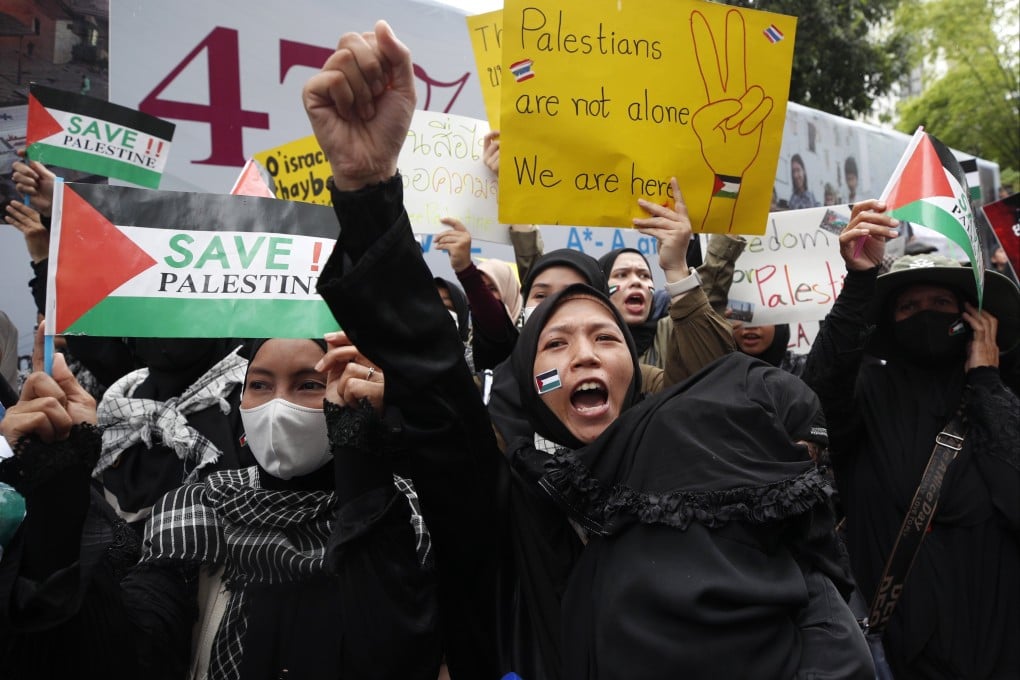Advertisement
Opinion | Southeast Asia cannot be a bystander amid escalating global crises
- As distinctions blur between economic and security agendas, and Big Tech gets involved in geopolitics, a strategy of avoidance becomes unsustainable
- Asean should realise the long game of international affairs is about setting rules and standards, not just the movement of goods, services and data
Reading Time:3 minutes
Why you can trust SCMP

If geopolitical trends were assessed the way economic projections are calculated on a quarterly basis, the global security landscape would perpetually curve upwards on the axes of time and complexity.
In just the first quarter of 2024, we have experienced the reverberations of a war in Ukraine with no definitive end in the sight, the live streaming of a plausible genocide in Gaza that has galvanised sentiment around the world and flashpoints in Taiwan and the South China Sea that are as much about cyber and disinformation campaigns as they are about military ones. For Southeast Asia, these disparate developments around the world challenge the region’s conventional assumptions in three ways.
Firstly, as major powers jostle for dominance, whatever previous distinctions there were between economic and security agendas are now considerably blurred.
Advertisement
This fuzziness is not new of course. The securitisation of global economic networks stretches back decades with the United States wielding tools including dollar weaponisation and trade sanctions, as well as using capital for geopolitical gains. China’s past economic coercion of Australia and Vietnam is simply a borrowed play by a different team.
Unsurprisingly, as in centuries past, much of this competition is enabled by and pursued for technological advancement. The US’ move to shut down TikTok – wrapped up with legislation to boost the military capabilities of Ukraine, Taiwan and Israel – is the latest reminder that even capital has a cost, especially if it’s the wrong kind of foreign capital.
Advertisement
Secondly, the technology that is disrupting the status quo is bringing the roles, responsibilities and allegiances of private entities behind such disruption to the forefront. Contrary to the standard practice of treating military and civilian applications of technology as separate discussions, we have seen a greater obfuscation of the two.
Advertisement
Select Voice
Choose your listening speed
Get through articles 2x faster
1.25x
250 WPM
Slow
Average
Fast
1.25x
